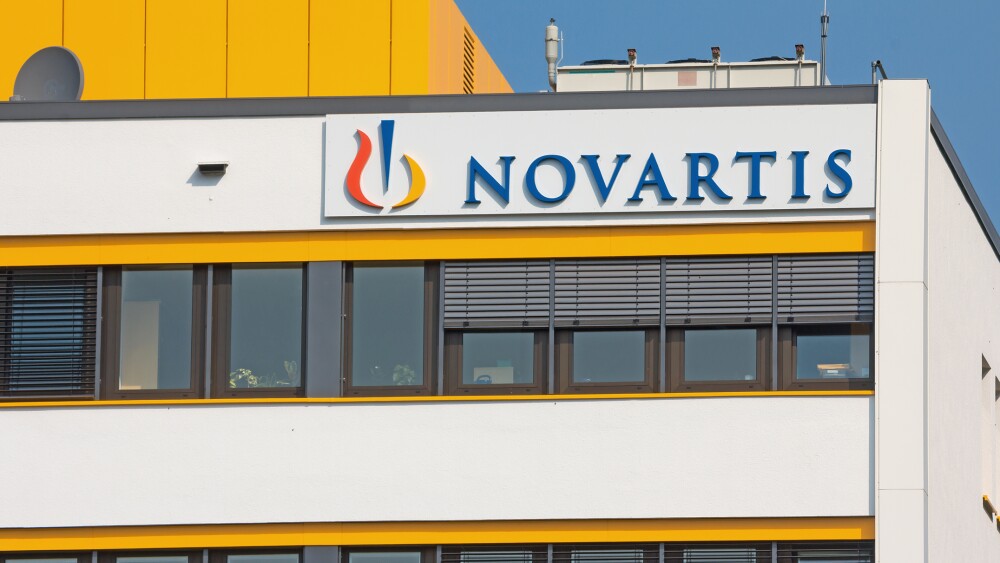KENILWORTH, N.J., July 9 /PRNewswire-FirstCall/ -- Schering-Plough Corporation today announced that Schering-Plough K.K., the company's country operation in Japan, has received marketing approval for REMERON(R) /Reflex(R) (mirtazapine)15 mg Tablets for the treatment of major depressive disorder.(1) The product was developed jointly with Meiji Seika Kabushiki Kaisha, Ltd. Schering-Plough and Meiji Seika will market the product under the trade names, REMERON(R) and Reflex(R), respectively. REMERON is currently available in more than 90 countries worldwide.
"REMERON came to us from the Organon research laboratories, and we are pleased that this new treatment option will now be available in Japan to help meet the needs of physicians and their patients suffering from depression," said Thomas P. Koestler, Ph.D., executive vice president and president, Schering-Plough Research Institute. "This approval is the eighth new product we have brought to the Japanese market since 2007 and represents important progress in extending our presence in Japan, a critical part of our geographic expansion."
REMERON (mirtazapine) is a noradrenergic and serotonergic antidepressant, with a mechanism of action that is different from that of selective serotonin reuptake inhibitors (SSRI) and serotonin-noradrenaline reuptake inhibitors (SNRI).
Important Safety Information About REMERON in the U.S.
In the United States, REMERONSolTab(R) is indicated for the treatment of major depressive disorder (MDD) in adults. REMERONSolTab(R) is not approved for use in pediatric patients, including children and teenagers.
Important Safety Information
Suicidality and Antidepressant Drugs
Antidepressants increased the risk compared to placebo of suicidal thinking and behavior (suicidality) in children, adolescents, and young adults in short-term studies of major depressive disorder (MDD) and other psychiatric disorders. Anyone considering the use of REMERONSolTab(R) (mirtazapine) Orally Disintegrating Tablets or any other antidepressant in a child, adolescent, or young adult must balance this risk with the clinical need. Short-term studies did not show an increase in the risk of suicidality with antidepressants compared to placebo in adults beyond age 24; there was a reduction in risk with antidepressants compared to placebo in adults aged 65 and older. Depression and certain other psychiatric disorders are themselves associated with increases in the risk of suicide. Patients of all ages who are started on antidepressant therapy should be monitored appropriately and observed closely for clinical worsening, suicidality, or unusual changes in behavior. Families and caregivers should be advised of the need for close observation and communication with the prescriber. REMERONSolTab(R) is not approved for use in pediatric patients.
WARNINGS
Clinical Worsening and Suicide Risk
Patients with major depressive disorder (MDD), both adult and pediatric, may experience worsening of their depression and/or the emergence of suicidal ideation and behavior (suicidality) or unusual changes in behavior, whether or not they are taking antidepressant medications, and this risk may persist until significant remission occurs. Suicide is a known risk of depression and certain other psychiatric disorders, and these disorders themselves are the strongest predictors of suicide. There has been a long-standing concern, however, that antidepressants may have a role in inducing worsening of depression and the emergence of suicidality in certain patients during the early phases of treatment. Pooled analyses of short-term placebo-controlled trials of antidepressant drugs (SSRIs and others) showed that these drugs increase the risk of suicidal thinking and behavior (suicidality) in children, adolescents, and young adults (ages 18-24) with major depressive disorder (MDD) and other psychiatric disorders. Short-term studies did not show an increase in the risk of suicidality with antidepressants compared to placebo in adults beyond age 24; there was a reduction with antidepressants compared to placebo in adults aged 65 and older.
All patients being treated with antidepressants for any indication should be monitored appropriately and observed closely for clinical worsening, suicidality, and unusual changes in behavior, especially during the initial few months of a course of drug therapy, or at times of dose changes, either increases or decreases.
Consideration should be given to changing the therapeutic regimen, including possibly discontinuing the medication, in patients whose depression is persistently worse, or who are experiencing emergent suicidality or symptoms that might be precursors to worsening depression or suicidality, especially if these symptoms are severe, abrupt in onset, or were not part of the patient's presenting symptoms.
Families and caregivers of patients being treated with antidepressants for major depressive disorder or other indications, both psychiatric and nonpsychiatric, should be alerted about the need to monitor patients for the emergence of agitation, irritability, unusual changes in behavior, and the other symptoms described above, as well as the emergence of suicidality, and to report such symptoms immediately to healthcare providers. Such monitoring should include daily observation by families and caregivers. Prescriptions for REMERONSolTab(R) should be written for the smallest quantity of tablets consistent with good patient management, in order to reduce the risk of overdose.
In premarketing clinical trials, two out of 2796 patients developed agranulocytosis, and a third patient developed severe neutropenia. All patients recovered after discontinuation of therapy. If a patient develops sore throat, fever, stomatitis or other signs of infection, along with low WBC, treatment with REMERONSolTab(R) should be discontinued and the patient should be closely monitored.
It is recommended that REMERONSolTab(R) not be used in combination with a monamine oxidase inhibitor (MAOI), or within 14 days of initiating or discontinuing therapy with an MAOI.
In US controlled clinical trials of 6-week duration, the most commonly reported adverse events associated with REMERON(R) (mirtazapine) Tablets therapy were: somnolence (54%), increased appetite (17%), weight gain (12%), and dizziness (7%). In short-term clinical trials, 10.4% of patients discontinued therapy due to somnolence. In a pool of premarketing US studies, including patients in long-term, open-label treatment, 8% of patients discontinued therapy due to weight gain.(2)
Full Prescribing Information is available at https://www.spfiles.com/piremeronsoltab.pdf
About Schering-Plough Corporation
Schering-Plough is an innovation-driven, science-centered global health care company. Through its own biopharmaceutical research and collaborations with partners, Schering-Plough creates therapies that help save and improve lives around the world. The company applies its research-and-development platform to human prescription and consumer products as well as to animal health products. Schering-Plough's vision is to "Earn Trust, Every Day" with the doctors, patients, customers and other stakeholders served by its colleagues around the world. The company is based in Kenilworth, N.J., and its Web site is www.schering-plough.com.
SCHERING-PLOUGH DISCLOSURE NOTICE: The information in this press release includes certain "forward-looking statements" within the meaning of the Private Securities Litigation Reform Act of 1995, including statements relating to potential market for REMERON. Forward-looking statements relate to expectations or forecasts of future events. Schering-Plough does not assume the obligation to update any forward-looking statement. Many factors could cause actual results to differ materially from Schering-Plough's forward-looking statements, including market forces, economic factors, product availability, patent and other intellectual property protection, current and future branded, generic or over-the-counter competition, the regulatory process, and any developments following regulatory approval, among other uncertainties. For further details about these and other factors that may impact the forward-looking statements, see Schering-Plough's Securities and Exchange Commission filings, including Part II, Item 1A "Risk Factors" in the Company's first quarter 2009 10-Q, filed May 1, 2009.
References:
CONTACT: Media: Julie Lux, +1-908-298-4774, or Gail Thornton,
+1-908-298-5313; Investors: Janet Barth, or Joe Romanelli, +1-908-298-7436
Web site: http://www.schering-plough.com/




